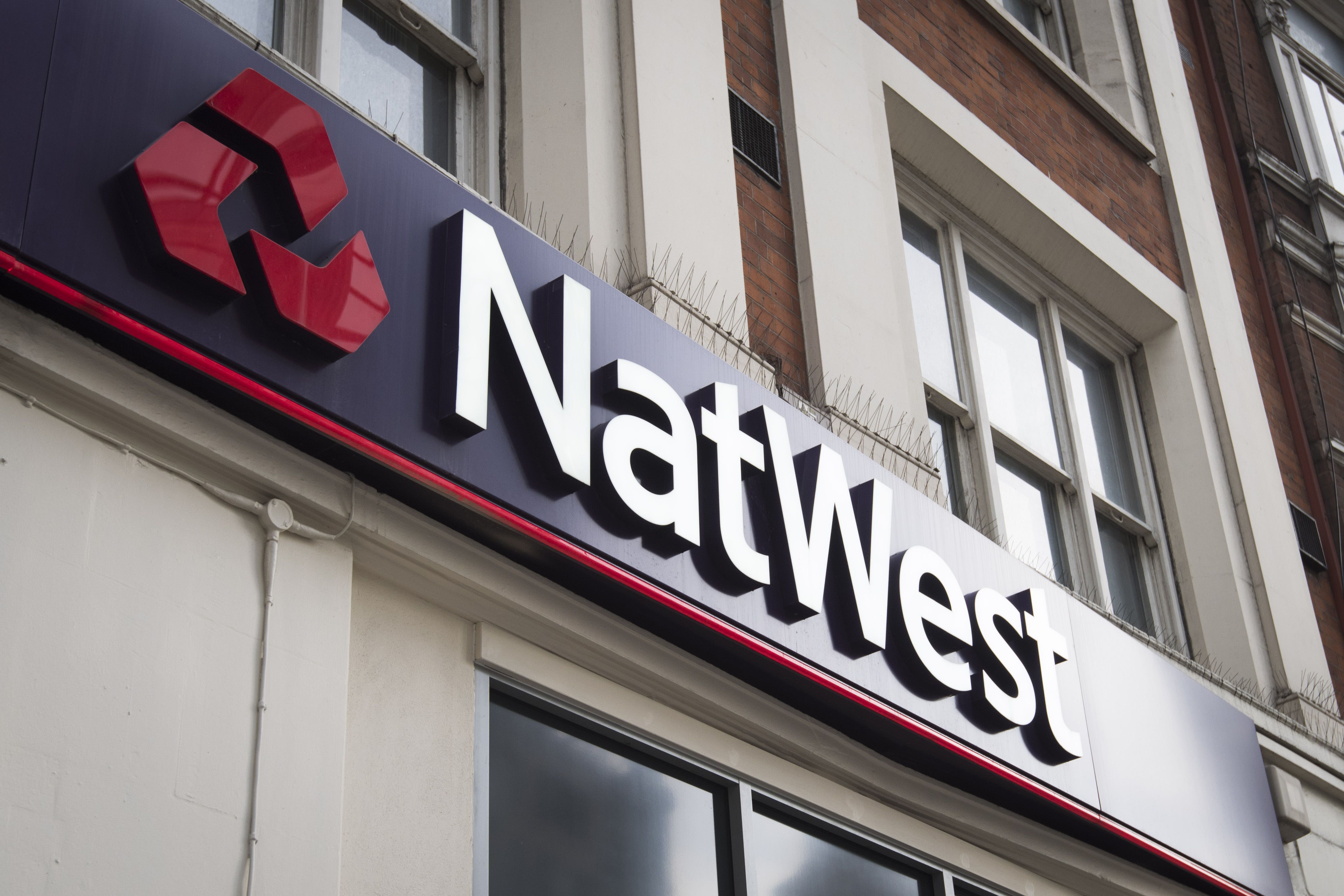NatWest blames SVB and Credit Suisse collapse on ‘poor risk management’
The British bank is strong and resilient in contrast, chairman Howard Davies told shareholders at its annual general meeting in Edinburgh.

Your support helps us to tell the story
From reproductive rights to climate change to Big Tech, The Independent is on the ground when the story is developing. Whether it's investigating the financials of Elon Musk's pro-Trump PAC or producing our latest documentary, 'The A Word', which shines a light on the American women fighting for reproductive rights, we know how important it is to parse out the facts from the messaging.
At such a critical moment in US history, we need reporters on the ground. Your donation allows us to keep sending journalists to speak to both sides of the story.
The Independent is trusted by Americans across the entire political spectrum. And unlike many other quality news outlets, we choose not to lock Americans out of our reporting and analysis with paywalls. We believe quality journalism should be available to everyone, paid for by those who can afford it.
Your support makes all the difference.NatWest Group has said “poor risk management” and “long-standing” challenges were to blame for the failures of Silicon Valley Bank (SVB) and Credit Suisse which sparked concerns over the strength of the global banking industry.
The British bank is strong and resilient in contrast, chairman Howard Davies told shareholders at its annual general meeting (AGM) in Edinburgh.
Mr Davies said the nation has seen the impact that economic uncertainty and rising interest rates can have on the banking sector, following the collapse of SVB and other US lenders, and the rescue takeover of Credit Suisse by rival UBS.
“Ultimately, poor risk management and long-standing, idiosyncratic challenges were largely to blame for those failures,” he told the audience.
“NatWest Group, by contrast, has built a robust and resilient balance sheet with strong capital and liquidity, a largely secured retail loan book and well-diversified commercial lending.”
The banking giant acknowledged the impact of cost-of-living pressures on households and its customers.
Mr Davies added: “While there are some grounds for cautious optimism, with employment remaining high, the economic environment will remain challenging for some time to come, with expected further tightening of consumer spending and real incomes, which will put pressure on household budgets.
“The UK may or may not experience a technical recession in 2023 – economic forecasters differ on that point – but the economy is unlikely to grow significantly.”
But there have still not been any significant signs of financial distress or changes in behaviour among its customers, chief executive Alison Rose said at the AGM.
The group’s bosses received questions from shareholders during the meeting, including criticism for its recent decision to shut the entire branch network of Ulster Bank, which is part of the group, in the Republic of Ireland.
Mr Davies said: “Our conclusion was that, after many years of losses in Ireland, we could not see our way of making that network profitable.
“Therefore, it was going to use up shareholder resources indefinitely.”
Furthermore, responsible investment group ShareAction quizzed the bank on its ethnicity pay gap reporting and plans to close the gap among its staff.
NatWest said it had recently desegregated its reporting by different marginalised groups, particularly separating black employees from other ethnic minorities, which helps the bank to spot and take action against pay inequalities.
Meanwhile, Mr Davies announced he will be stepping down as chairman at some point in the year ahead.
He said: “I am approaching the point where I will have served eight years on the board so it is appropriate to initiate the search for my successor as chairman in the coming months.
“This will allow time for a rigorous search process and an orderly handover, which I expect will take place at some point before I reach nine years tenure in July 2024.”